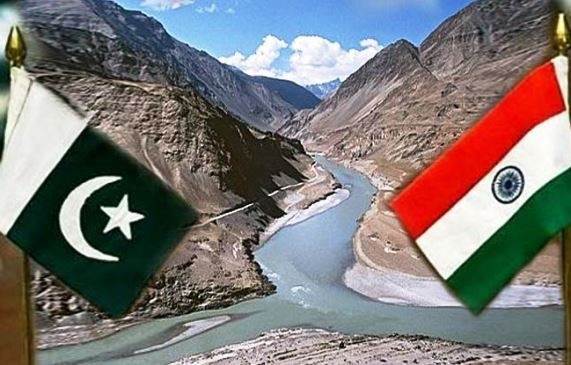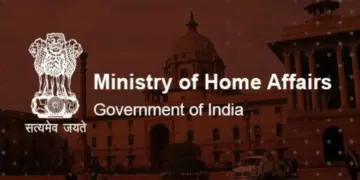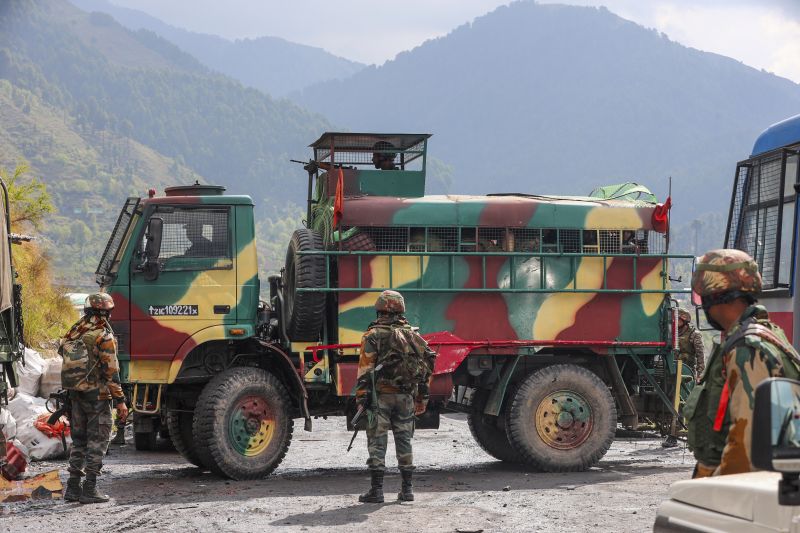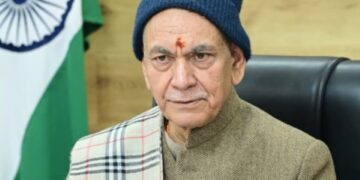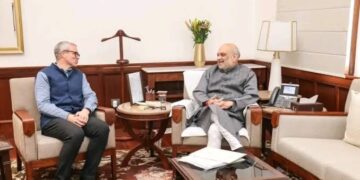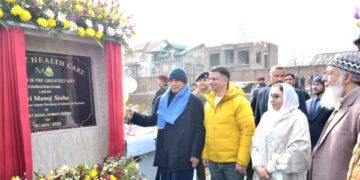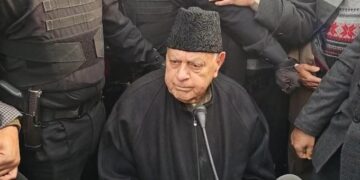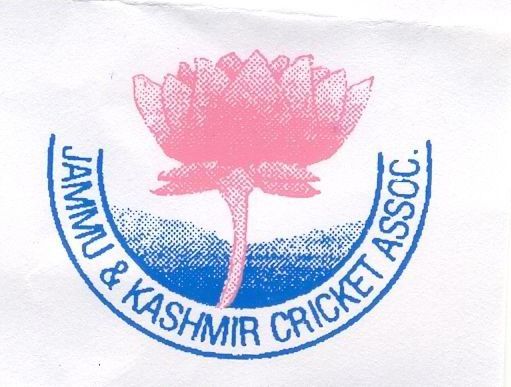Washington, May 23: The World Bank has said it could not reach an agreement with Pakistan to address its concerns regarding the Indus Waters Treaty with India after two-days of talks here, days after India inaugurated the Kishanganga hydroelectric project in Jammu and Kashmir.
A high-powered Pakistani delegation led by Attorney General Ashtar Ausaf Ali met with World Bank Chief Executive Officer Kristalina Georgieva and other senior officials on Monday and Tuesday.
During the meetings, held at Pakistan’s request to discuss issues regarding the Indus Waters Treaty and opportunities within the treaty to seek an amicable resolution, “several procedural options” for resolving the disagreement over the interpretation of the treaty’s provisions were discussed, the Bank said.
“While an agreement on the way forward was not reached at the conclusion of the meetings, the World Bank will continue to work with both countries to resolve the issues in an amicable manner and in line with the treaty provisions,” the Bank said in a statement at the end of the talks.
“The delegation of the Government of Pakistan also shared with the Bank their concerns about the recent inauguration of the Kishanganga hydroelectric plant,” the statement said.
Last week, Prime Minister Narendra Modi inaugurated the 330 MW Kishanganga hydroelectric project in Jammu and Kashmir. Pakistan had protested the inauguration claiming that the project on a river flowing into Pakistan will disrupt water supplies.
The Embassy of Pakistan here did not immediately respond to questions related to the World Bank meeting.
“The Indus Waters Treaty is a profoundly important international agreement that provides an essential cooperative framework for India and Pakistan to address current and future challenges of effective water management to meet human needs and achieve development goals,” the Bank said.
As a signatory to the Indus Waters Treaty, the World Bank’s role is limited and procedural, it noted.
“In particular, the role in relation to differences and disputes is limited to the designation of people to fulfill certain roles when requested by either or both parties,” the Bank said.
At the conclusion of the talks, the World Bank said it remained committed to “act in good faith and with complete impartiality and transparency” in fulfilling its responsibilities under the treaty, while continuing to assist the two countries.
The World Bank did not respond to a question if it approached India on Pakistan’s allegations.
Islamabad had been raising objections over the design of the 330 MW Kishanganga hydroelectric project, saying it is not in line with the criteria laid down under the Indus Waters Treaty between the two countries. But, India says the project design was well within parameters of the treaty.
The project, located at Bandipore in north Kashmir, envisages diversion of water of Kishan Ganga river to underground power house through a 23.25-km-long head race tunnel to generate 1713 million units per annum.
The Kishanganga project was started in 2007 but on May 17, 2010, Pakistan moved for international arbitration against India under the provisions of the Indus Waters Treaty.
The Hague-based International Court of Arbitration allowed India in 2013 to go ahead with construction of the project in North Kashmir and upheld India’s right under the bilateral Indus Waters Treaty to divert waters from the Kishanganga for power generation in Jammu and Kashmir.
The international court, however, decided that India shall release a minimum flow of nine cubic metres per second into the Kishanganga river (known as Neelam in Pakistan) at all times to maintain environmental flows.

